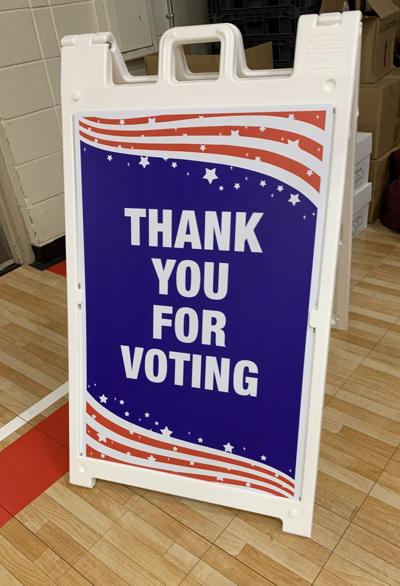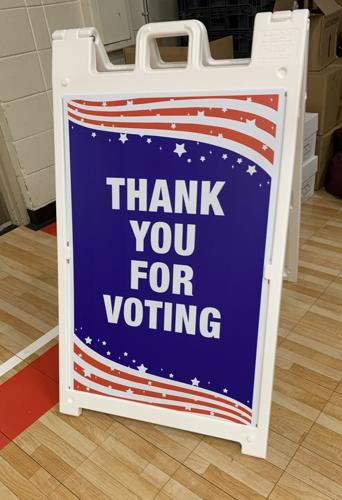The U.S. Supreme Court ruled in June that Alabama's new congressional maps were flawed because that state’s lawmakers failed to create a second majority-Black district. Many in Louisiana cheered because it seemed to bode well for our similar redistricting battle.
But no single ruling on another state's district map is going to get us the second congressional district Black Louisianans should have.
It took many twists and turns, plots and subplots to get us to this week. So, buckle up, hope for the best and prepare to wait some more.
The Supreme Court's June decision surprised a lot of folks because the court has taken conservative stands in so many of its other recent rulings. But Chief Justice John Roberts and Associate Justice Brett Kavanaugh — both conservatives — joined three liberal justices in saying that Alabama's congressional maps "likely" violated the Voting Rights Act of 1965, which prohibits practices that deny or limit voting rights based on race.
Though the high court significantly gutted the act in a June 2013 ruling that eliminated the Department of Justice's longstanding role of "pre-clearing" even minor changes in the election laws of certain (mostly southern) states, the court in the recent Alabama case declined to do away with the Voting Rights Act altogether.
You don't have to know about Section 5 pre-clearance or to understand the coverage formula outlined in Section 4(b) of the Act to know that some of the best legal minds in the nation are fighting the week to convince the courts that the large number of Black voters in Louisiana requires a second Black-majority congressional district.
Black Louisiana voters, like Black Alabama voters, have comprised a majority in only one congressional district for decades. Black voters in both states, by the numbers alone, should have more than one majority-Black district.
Alabama has seven congressional seats, and its Black population is 25%. The Supreme Court says Alabama must draw a second Black-majority district.
Louisiana has six congressional seats, and its Black population is about 33%. Shouldn't Louisiana have a second majority-Black district as well, then?
The Alabama ruling suggests strongly that that's the case. But nooooo. Republicans in both states are fighting like crazy to limit Black voting power by maintaining just one Black-majority district.
U.S. District Judge Shelly Dick of Baton Rouge had scheduled a hearing for Wednesday that could have resolved the matter via a new, fair map — but a three-judge panel of the U.S. 5th Circuit Court of Appeals — in a 2-1 vote — canceled that hearing.
A different panel of 5th Circuit judges will hear oral arguments on Friday morning to determine whether new maps can be ordered by the district court. That's a separate legal issue from the matter before the first appellate panel, which ruled on whether Judge Dick had given the state ample time to come up with new maps.
These developments may seem like legal minutia to some, but they are actually very important. Process matters.
Had things moved forward with a three-day hearing before Judge Dick on Wednesday, as originally scheduled, she might have done what our Legislature has consistently failed to do: create a fair congressional district map for Louisiana.
It took many civil rights and social justice battles to move us forward. Some have been memorable, single-day events. Others came via landmark judicial decisions that took time, preparation and the strongest of arguments before fair-minded judges.
This is one of those weeks when many of us will be paying attention to statewide campaigns for governor, attorney general and other important offices in Louisiana during our early voting period.
But what happens this week also could determine who among us gets to elect someone of our choosing to represent us in Congress in 2024.
















